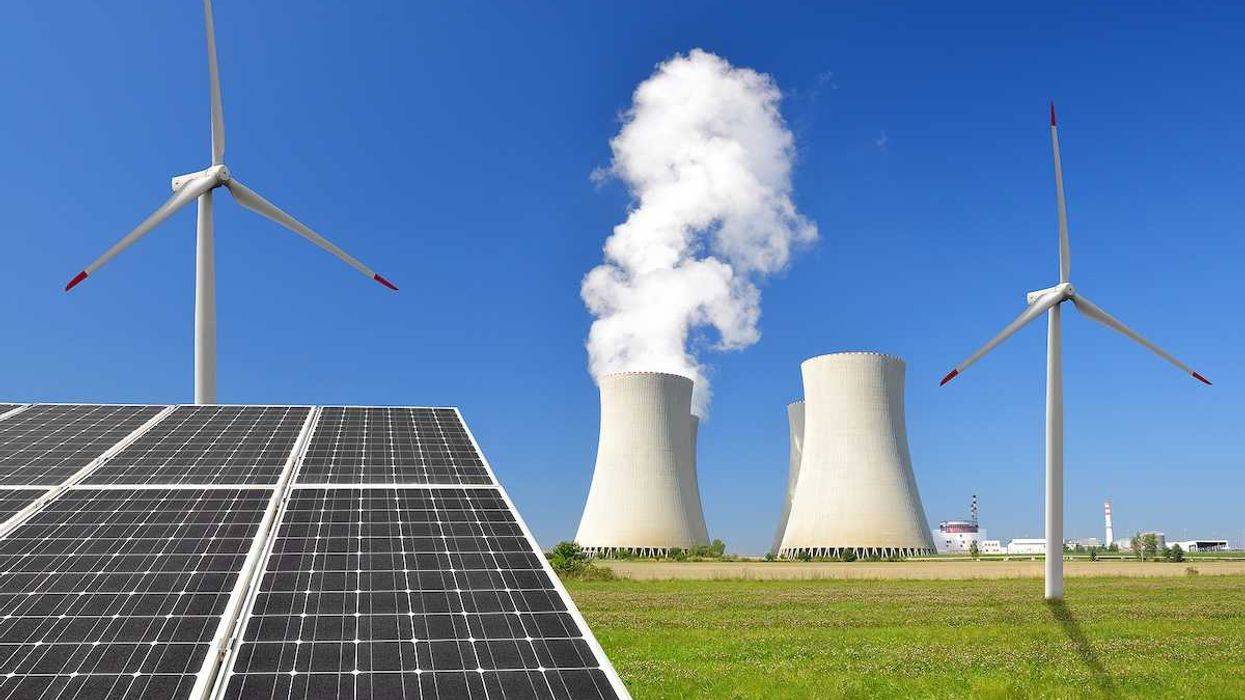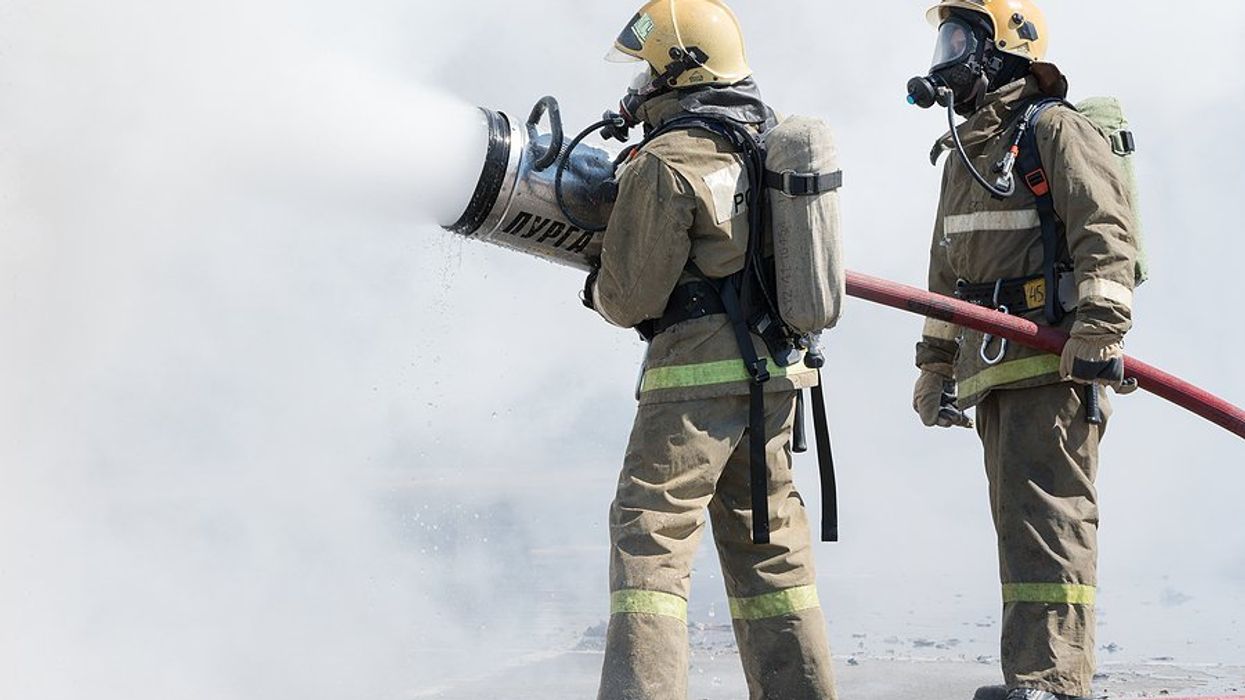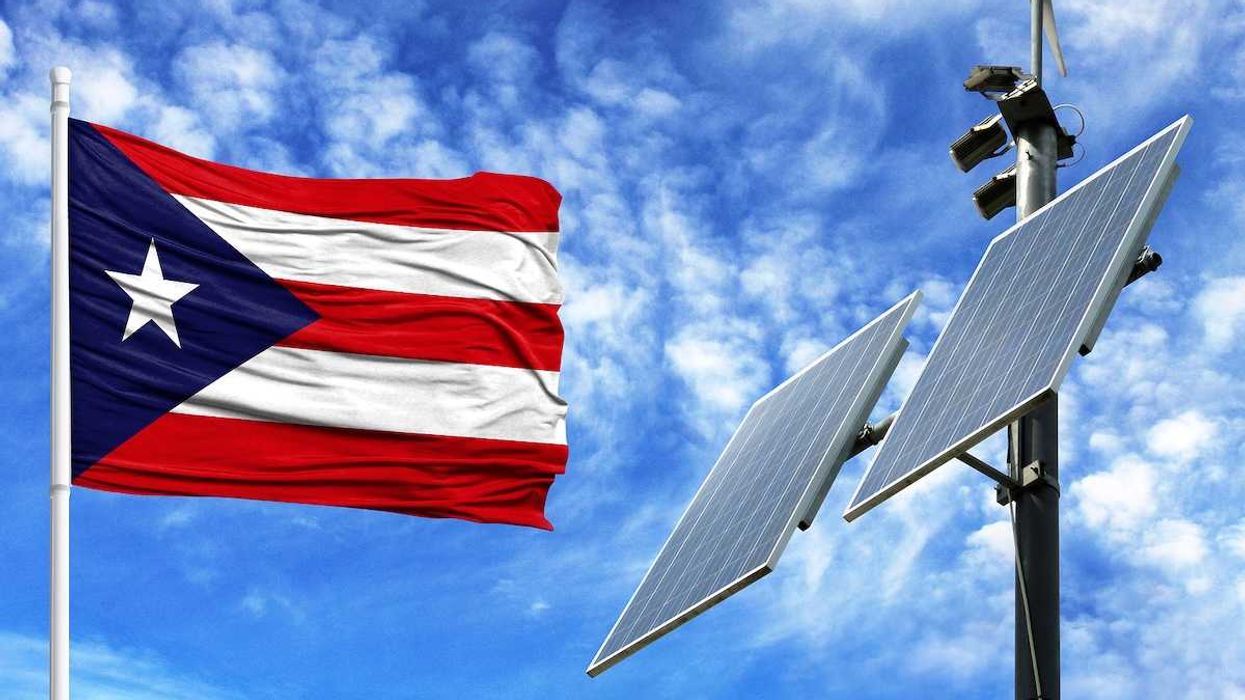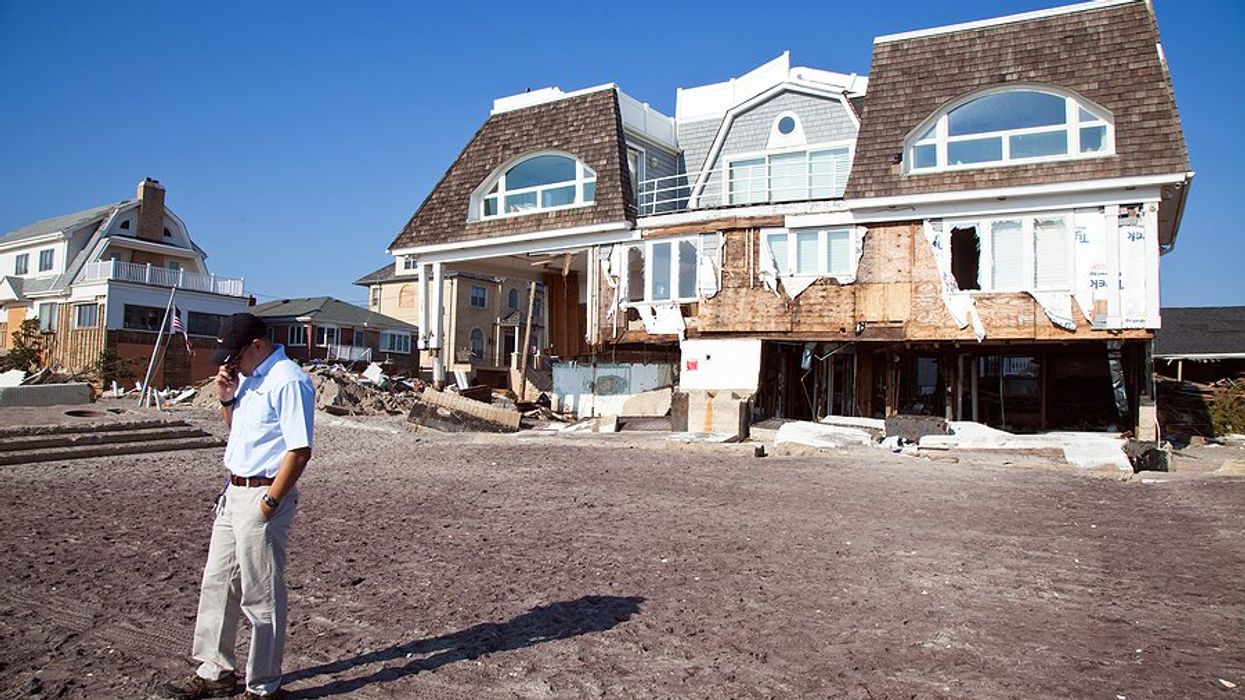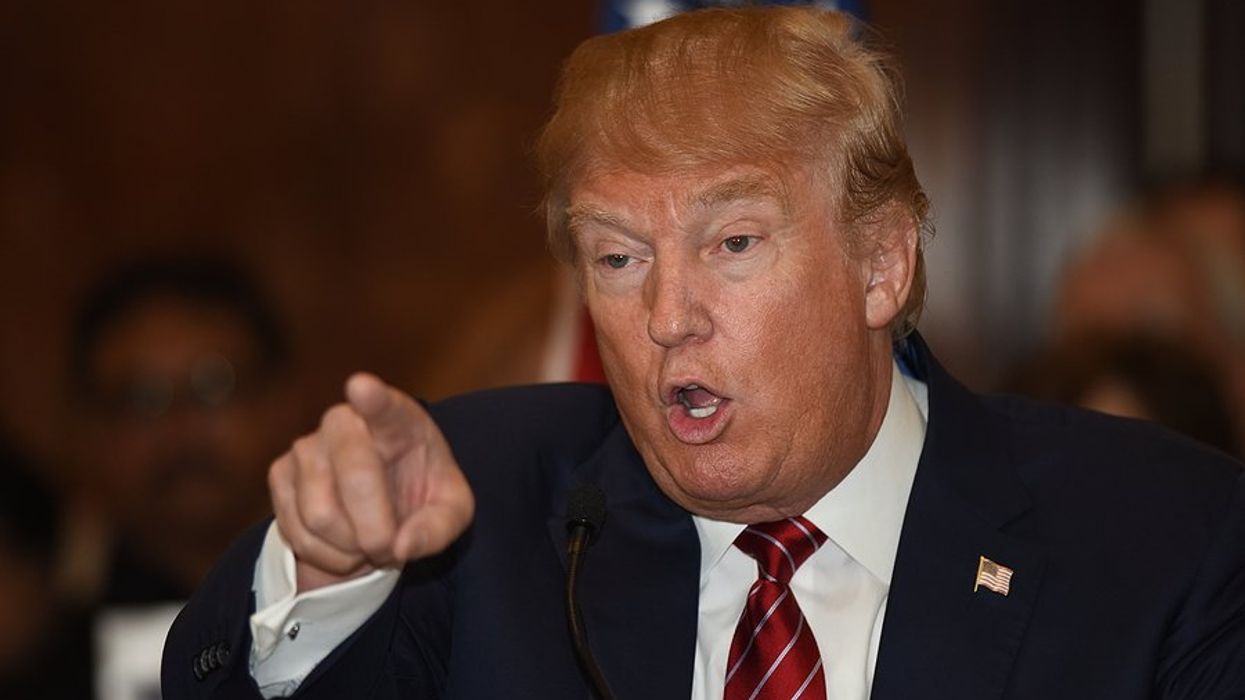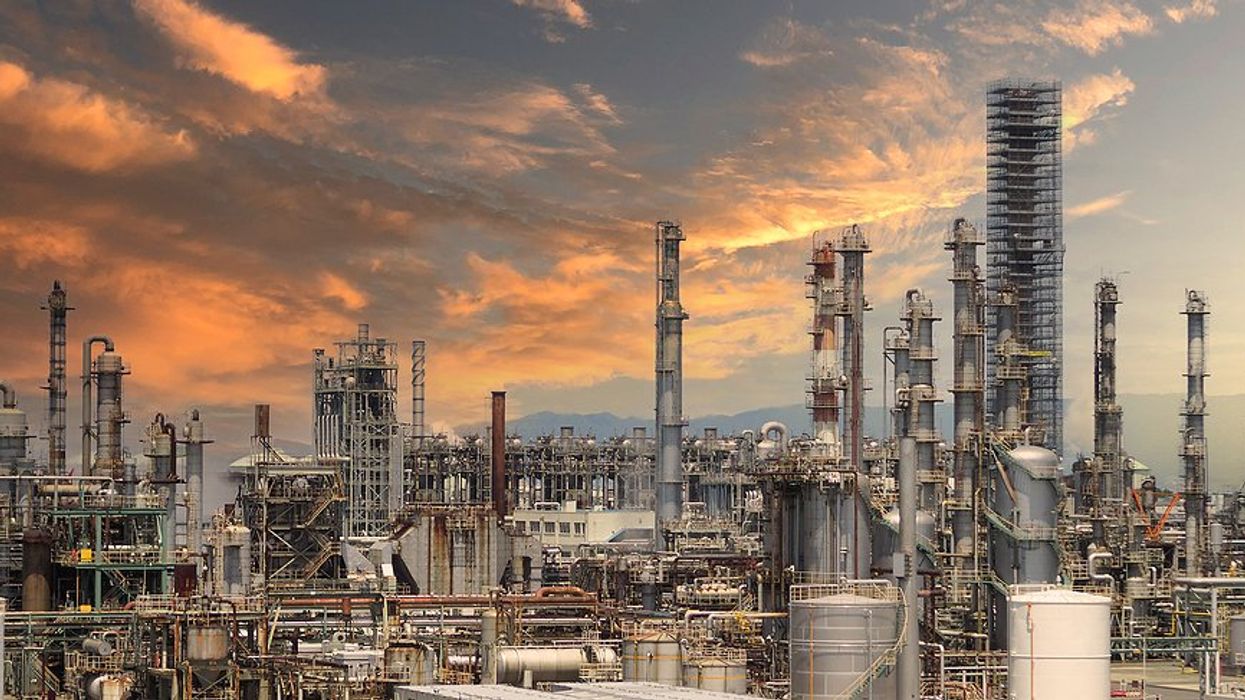President Trump has halted a $4.7 billion federal program to clean up abandoned oil and gas wells, putting state-level efforts to reduce pollution and methane emissions on hold.
Nick Bowlin reports for High Country News.
In short:
- A January executive order from President Trump paused the disbursement of funds from the Infrastructure and Inflation Reduction acts, freezing support for plugging orphaned wells.
- States like Wyoming, California, and New Mexico had already begun large-scale cleanup projects using the grants, plugging hundreds of wells that leak methane and contaminate water.
- Lawsuits from environmental groups and Democratic-led states argue the administration can’t legally block money already appropriated by Congress.
Key quote:
“Undocumented orphaned wells may emit nearly 63 million grams of methane per hour into the atmosphere, the equivalent of over 3.6 million gasoline-powered passenger cars driven per year.”
— November 2024 report from the U.S. Environmental Protection Agency
Why this matters:
Scattered across farmland, forests, and even suburban developments, orphaned oil and gas wells are an increasingly visible reminder of America’s unfinished fossil fuel legacy. These abandoned wells, often left behind by defunct or bankrupt companies, emit methane — a greenhouse gas more than 80 times more potent than carbon dioxide over short timeframes — into the atmosphere, accelerating climate change while silently contaminating soil and groundwater.
Chemicals like benzene, a known carcinogen, can seep into drinking water supplies, threatening rural health and safety. While the federal government has funded some cleanup efforts in recent years, most states still struggle to plug the financial and physical holes left behind. With tens of thousands of wells officially identified and potentially millions more yet to be documented, experts warn that the scale of the problem is far larger than previously assumed. The burden of cleanup often falls to taxpayers, not the companies that profited from the drilling. Delays in addressing these sites could erase hard-won environmental and public health gains.
Learn more:


